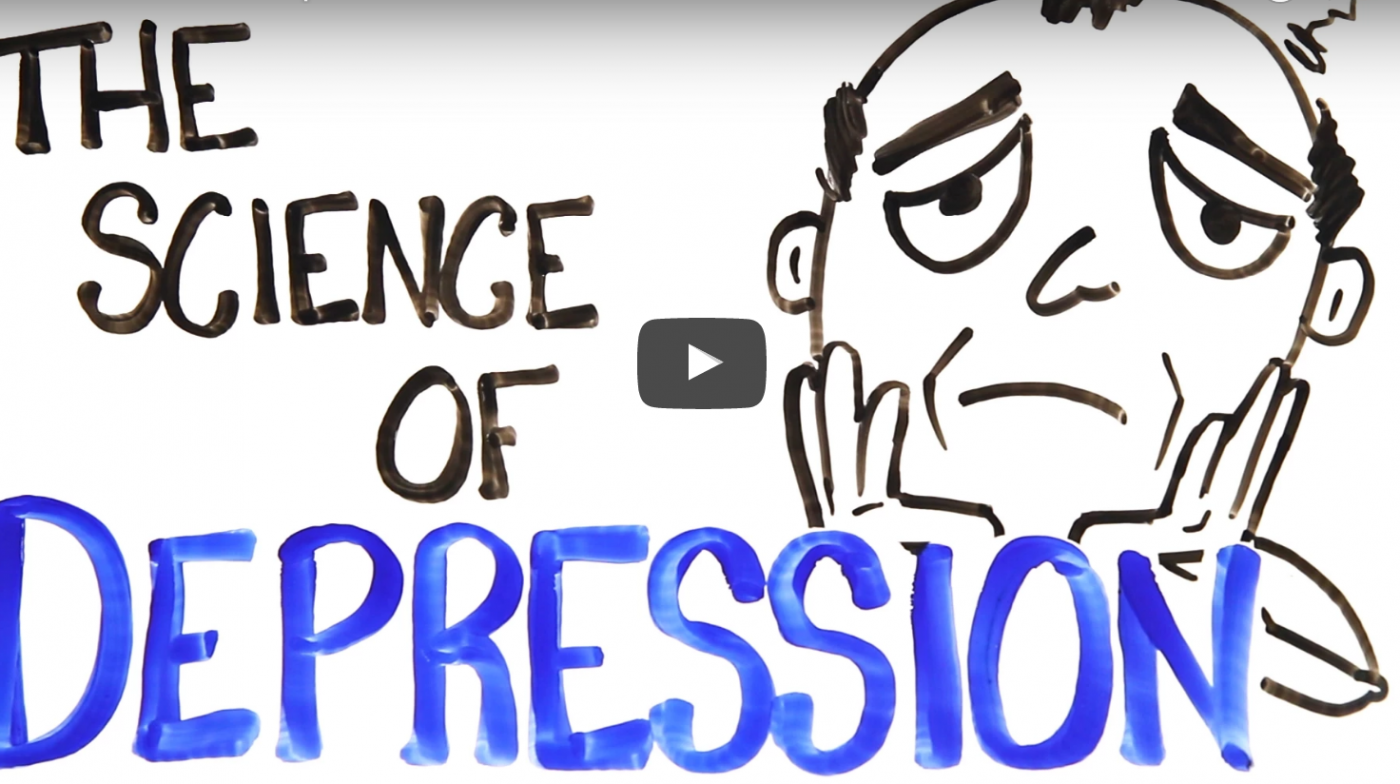Are you a bronchiectasis patient suffering from depression? If your answer is yes, you’re among friends. Not only is there a high correlation between bronchiectasis and depression and anxiety, but more than 350 million people worldwide suffer from depression. (That’s a lot of friends.) As this asapSCIENCE video explains, depression is a very real and serious condition that cannot just be gotten over by getting on with it.
This video explains exactly how depression is a disease and that it isn’t a decision you’re making to feel unhappy. It’s not a weakness. It’s not a vulnerability. It’s a biological change that, with the right treatment, can be reversed.
The key? Neurogenesis.
In human language: the growth of new and healthy brain cells in a very specific area of your brain. An area that controls your memory and emotion.
During episodes of depression, the portion of your brain responsible for memory and emotion physically shrinks. Imagine if a body builder lost half their body mass–they’d struggle to keep lifting the same weights. The same is true for depression.
These changes can be triggered by stress, life events and hormonal changes. Sound familiar?
While one person may go through these changes unfazed, another may come out the other side with depression. This is not a weakness. This is because of genetic susceptibility and is the very reason why depression can be hereditary.
Watch this video to learn the biological basics of depression in just three minutes.
Bronchiectasis News Today is strictly a news and information website about the disease. It does not provide medical advice, diagnosis or treatment. This content is not intended to be a substitute for professional medical advice, diagnosis, or treatment. Always seek the advice of your physician or another qualified health provider with any questions you may have regarding a medical condition. Never disregard professional medical advice or delay in seeking it because of something you have read on this website.


So happy to be receiving these articles about bronchiectasis. I had no idea what it was until i was diagnosed 1 year ago. These articles are both hopeful and informative. Thank you.
Thank you for the encouragement Rose! We hope that you are able to continue to learn more about bronchiectasis from our posts and articles.